Covenant. Renew. Fulfill.
When we are baptized, we covenant to take upon ourselves the name of Jesus Christ. We renew this covenant when we partake of the sacrament (see D&C 20:77). We fulfill this covenant by putting the Lord first in our lives, by striving to think and act as He would, and by standing “as witnesses of God at all times and in all things, and in all places” (Mosiah 18:9). -Come Follow Me, July
Object Lesson: As a class, look at the several popular company logos (or others they are familiar with) and discuss why logos are important for a company and what specific attributes and qualities make each company exceptional and unique. Finish with the Church of Jesus Christ of Latter-Day Saints logo. Consider asking, “Why is the font size of Jesus Christ largest on the logo?” and “What part do each of them play in building up ‘the brand'” (so to speak) or in even better words, “How have they taken upon themselves the name of Jesus Christ?” 


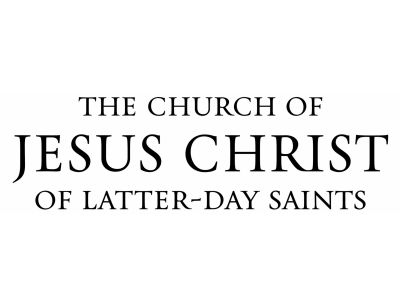
Read the following verses in Mosiah 5 together as a class:
Introduction: King Benjamin has finished giving his address and desires to know if his people believed the words he had spoken.
2 And they all cried with one voice, saying: Yea, we believe all the words which thou hast spoken unto us; and also, we know of their surety and truth, because of the Spirit of the Lord Omnipotent, which has wrought (caused) a mighty change in us, or in our hearts, that we have no more disposition to do evil, but to do good continually (conversion). Have you felt this mighty change in your heart? Are you working toward conversion?
5 And we are willing to enter into a covenant (sacred promise) with our God to do his will, and to be obedient to his commandments in all things that he shall command us, all the remainder of our days, that we may not bring upon ourselves a never-ending torment (knowing we did not receive celestial glory), as has been spoken by the angel, that we may not drink out of the cup of the wrath of God.
7 And now, because of the covenant which ye have made ye shall be called the children of Christ, his sons, and his daughters; for behold, this day he hath spiritually begotten you; for ye say that your hearts are changed through faith on his name; therefore, ye are born of him (spiritually) and have become his sons and his daughters. How has your heart or actions changed because of your faith in Him?
Each time you read the word “name” in the following verses, think of Jesus Christ:8 And under this head ye are made free, and there is no other head whereby ye can be made free (Jesus Christ). There is no other name given whereby salvation cometh; therefore, I would that ye should take upon you the name of Christ, all you that have entered into the covenant with God that ye should be obedient unto the end of your lives.
9 And it shall come to pass that whosoever doeth this shall be found at the right hand of God, for he shall know the name by which he is called; for he shall be called by the name of Christ. Who will be found on the right hand of God?
10 And now it shall come to pass, that whosoever shall not take upon him the name of Christ must be called by some other name; therefore, he findeth himself on the left hand of God.
11 And I would that ye should remember also, that this is the name that I said I should give unto you that never should be blotted out, except it be through transgression; therefore, take heed that ye do not transgress, that the name be not blotted out of your hearts.
12 I say unto you, I would that ye should remember to retain thename written always in your hearts, that ye are not found on the left hand of God, but that ye hear and know the voice by which ye shall be called, and also, the name by which he shall call you. Do you know of Christ? OR Do you KNOW Christ?
How can I fulfill the covenant I have made? 15 Therefore, I would that ye should be steadfast and immovable, always abounding in good works, that Christ, the Lord God Omnipotent, may seal you his (children of Christ), that you may be brought to heaven, that ye may have everlasting salvation and eternal life, through the wisdom, and power, and justice, and mercy of him who created all things, in heaven and in earth, who is God above all. Amen.
I renew the covenant I made at baptism.
I become a member of the Church that bears His name.
I publicly proclaim my belief in Him.
I am willing to do the work in His Kingdom.
I will participate in the sacred ordinances of the temple and to receive the highest blessings available through his name and authority.
I commit to do all that I can to achieve eternal life in the Kingdom of our Father.
I do all that I can to be counted among those whom he will choose to stand at his right hand and be called by his name at the last day.
* * *
Download the worksheet What does it mean to take upon myself the name of Jesus Christ for each classmember.
Additional quotes to reinforce the doctrine and create further discussion:
The following enrichment material comes from church addresses I found while studying, see references below:
Name on the Temple (Each one of us is symbolic of a temple):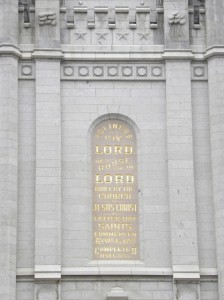
When the children of Israel were still on the other side of the Jordan, the Lord told them that when they entered the promised land there should be a place where the Lord their God would “cause his name to dwell.” (Deut. 12:11; see also Deut. 14:23–24; Deut. 16:6.) Time after time in succeeding revelations, the Lord and his servants referred to the future temple as a house for “the name” of the Lord God of Israel. (See 1 Kgs. 3:2; 1 Kgs. 5:5; 1 Kgs. 8:16–20, 29, 44, 48; 1 Chr. 22:8–10, 19; 1 Chr. 29:16; 2 Chr. 2:4; 2 Chr. 6:5–10, 20, 34, 38.) After the temple was dedicated, the Lord appeared to Solomon and told him that He had hallowed the temple “to put my name there for ever.” (1 Kgs. 9:3; 2 Chr. 7:16.)
Similarly, in modern revelations the Lord refers to temples as houses built “unto my holy name.” (D&C 124:39; D&C 105:33; D&C 109:2–5.) In the inspired dedicatory prayer of the Kirtland Temple, the Prophet Joseph Smith asked the Lord for a blessing upon “thy people upon whom thy name shall be put in this house.” (D&C 109:26.)
All of these references to ancient and modern temples as houses for “the name” of the Lord obviously involve something far more significant than a mere inscription of his sacred name on the structure. The scriptures speak of the Lord’s putting his name in a temple because he gives authority for his name to be used in the sacred ordinances of that house. That is the meaning of the Prophet’s reference to the Lord’s putting his name upon his people in that holy house. (See D&C 109:26.)
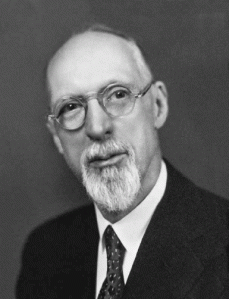 President George Albert Smith, the 8th president of the Church, told of the following experience:
President George Albert Smith, the 8th president of the Church, told of the following experience:
Six years after being called to be an Apostle, President Smith suffered a serious illness, which made it impossible for him to actively serve in his calling for more than two years and which weakened him physically for many more years. He moved to St. George, Utah, to take advantage of its warmer climate. While recovering there he had a remarkable dream:
These are his words: In St. George we arranged for a tent for my health and comfort, with a built-in floor raised about a foot above the ground, and we could roll up the south side of the tent to make the sunshine and fresh air available. I became so weak as to be scarcely able to move. It was a slow and exhausting effort for me even to turn over in bed.
One day, under these conditions, I lost consciousness of my surroundings and thought I had passed to the other Side. I found myself standing with my back to a large and beautiful lake, facing a great forest of trees…. I realized, or seemed to realize, that I had finished my work in mortality and had gone home….
I began to explore, and soon I found a trail through the woods which seemed to have been used very little, and which was almost obscured by grass. I followed this trail; and after I had walked for some time and had traveled a considerable distance through the forest, I saw a man coming towards me. I became aware that he was a very large man, and I hurried my steps to reach him, because I recognized him as my grandfather. In mortality, he weighed over three hundred pounds, so you may know he was a large man. I remember how happy I was to see him coming, I had been given his name and had always been proud of it.
When Grandfather came within a few feet of me, he stopped. His stopping was an invitation for me to stop. Then, and this I would like the … young people never to forget, he looked at me very earnestly and said:
“I would like to know what you have done with my name.”
Everything I had ever done passed before me as though it were a flying picture on a screen–everything I had done. Quickly this vivid retrospect came down to the very time I was standing there. My whole life had passed before me. I smiled and looked at my grandfather and said:
“I have never done anything with your name of which you need be ashamed.”
He stepped forward and took me in his arms, and as he did so, I became conscious again of my earthly surroundings. My pillow was as wet as though water had been poured on it–wet with tears of gratitude that I could answer unashamed. [George Albert Smith, Sharing the Gospel with Others, pp.110-12]
Sister Gertrud Barthel (East Germany)
Let me share with you the story of an sister from the former communist East Germany, Sister Gertrud Barthel. I believe Sister Barthel has truly taken upon herself the name of Christ.
Over the past few years, I have had the opportunity on several occasions to travel to the former East Germany. When I have visited there, I have particularly enjoyed meeting those who were members of the Church during the communist times. They had to deal with a government that taught that there was no God and actively discouraged religious activity.
In addition, the government officials were concerned about potential threats to their control, so they organized a secret policy force, the State Security force, better known as the Stasi. The Stasi collected records of activities of individuals they considered as possible threats. They collected this information through a huge network of informers. The informers were sometimes volunteers but many were coerced into spying on their neighbors. Often the informers provided information on the activities of other informers. One could describe East Germany as a nation of spies spying on other spies.
Sister Barthel joined the Church as a teenager in the late 1940s as the communist government was initially coming into power. Since the Communists had prohibited the printing of religious texts, she did not have her own scriptures until several years after she was baptized. She watched the separation of Germany into two countries, one communist and one democratic, from the east side of the wall. In the early 50s she married. Her husband was not a member of the Church and still is not a member. Her daughter followed the communist anti-religion dogma and did not become involved with Church. Despite this lack of support, Sister Barthel remained an active member of the small Werdau Branch throughout the communist era. This dedication to the Church during the difficult and challenging Communist era in and of itself might be a demonstration of her commitment to taking upon herself the name of the Savior. However, there is more to this story.
In 1989, the wall came down, and the East Germans were finally free. As it became clear that the communist regime was crumbling, the Stasi officers attempted to destroy the huge volume of files that they had accumulated on their fellow citizens. This was an act of self-preservation for them. They didn’t want the East German citizens to discover what they had done. However, the citizens were well-aware of the Stasi’s activities, and they rushed to the Stasi offices to prevent the destruction of the files.
Most of the files were saved, and they are now public records open to anyone who wants to look at the information that the Stasi collected from their network of informers. Included in the files are the names of those informers who reported on their fellow citizens.
When I spoke with Sister Barthel about her life and experiences under the communists, I asked her what information about her Church activities the Stasi had collected about her. She said that she didn’t know. Although she was confident that the Stasi had collected information about her and had a file on her, she had never looked at her files. When I asked why, she responded that there was no reason to look at the files. She said that it was possible that some of her friends had been coerced into providing information about her and their names would be in the files. She said that she didn’t want to know who might have reported about her. Her words were, “Nothing good could come of that.”
Nothing good could come of that! What a remarkable attitude of love and forgiveness from a remarkable sister. Has she adopted the attributes of being a disciple of Christ in her life? Absolutely! Has she differentiated herself in her attitudes and behavior? Definitely! Has she consistently lived according to her beliefs? Certainly!
“Taking upon Us the Name of Jesus Christ,” Dallin H. Oaks, April General Conference 1985
“Take Upon Ourselves His Name” Brent Wilson, Dean of the School of Business

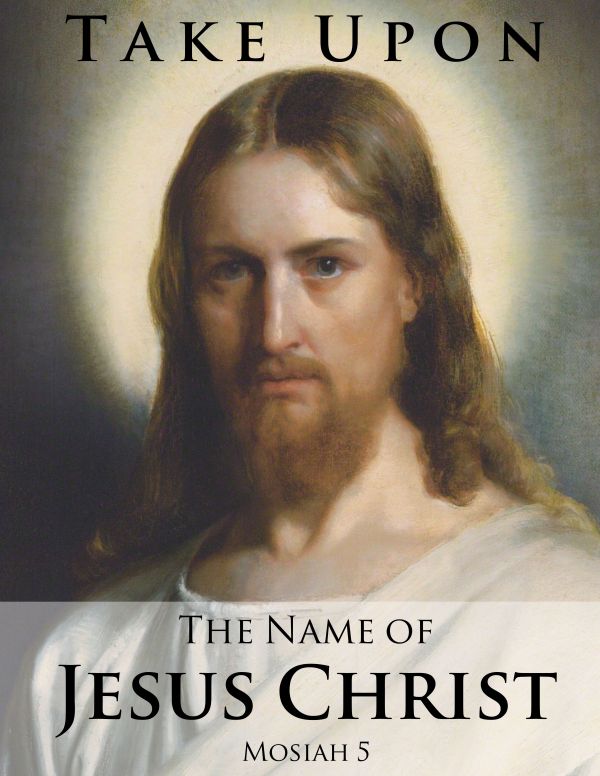
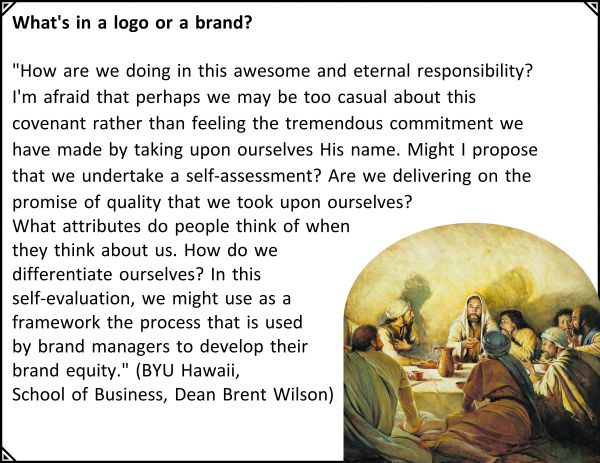
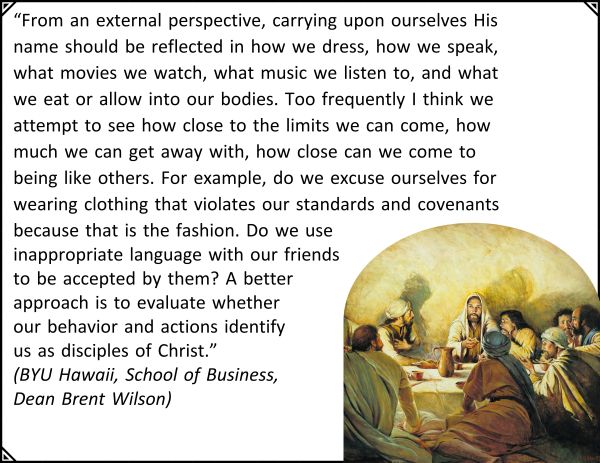
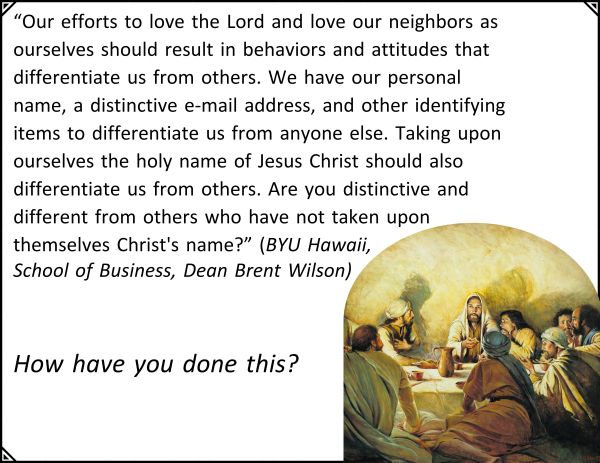
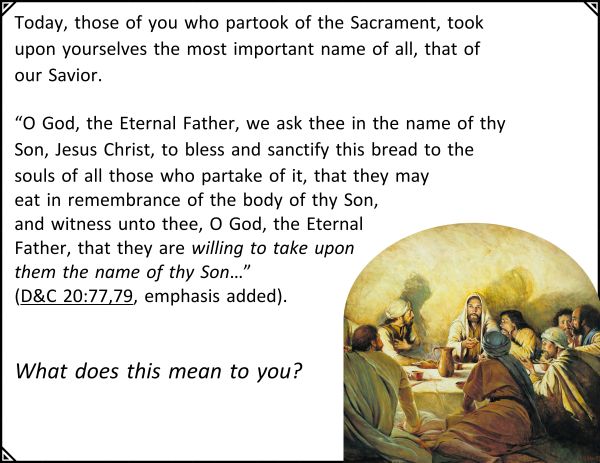
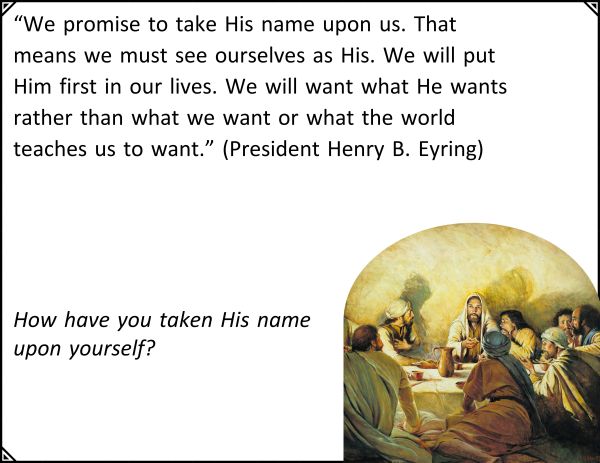
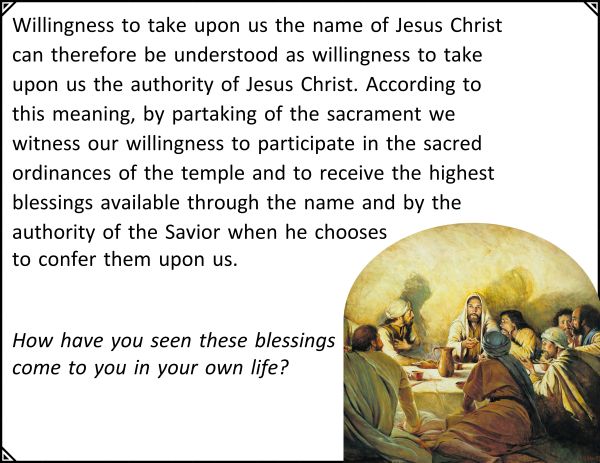
Greetings! Very helpful advice in this particular article!
It is the little changes that make the biggest changes.
Many thanks for sharing!